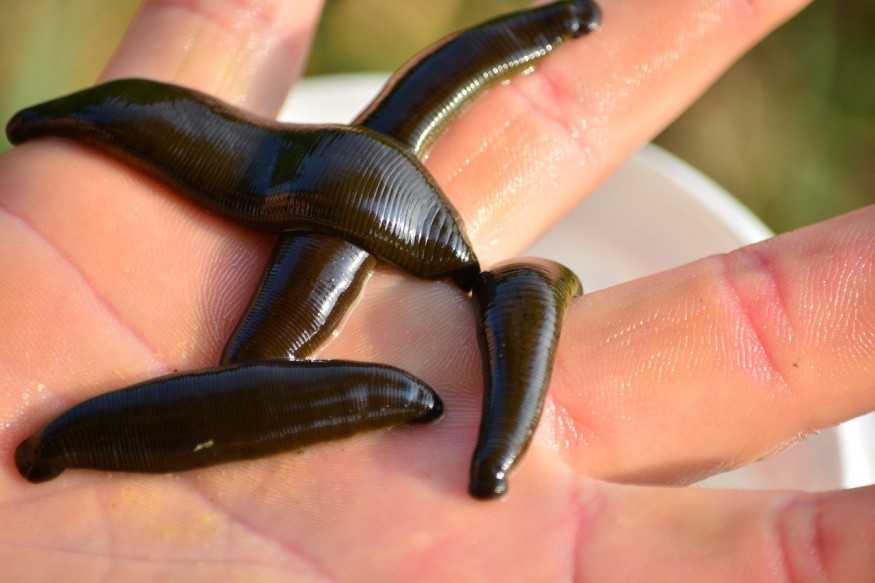Leeches are a parasitic or predatory worm that sucks out the blood of their victims. But they are also known for their medicinal benefits as some doctors use them in plastic surgery and microsurgery because they secrete peptides and proteins that prevent blood clots.
To the disgust of many, this parasite may not be that bad as people think. Some people even keep these parasites as their pets, and they even let the leeches suck their blood. Indeed, the idea of some people taking care of leeches as a pet is fascinating.
Leeches as Pets
Leech keeper Ariane Khomjani told ScienceAlert that leeches make wonderful pets because they also have their unique personalities. Some are adventurous, and others are shy. He added that there are also leeches that try to sneak a feed more often than others but then sits and rests for a bit out of the water after they become full.
Khomjani takes care of four leeches, which he named Laera, Liidra, Lykra, and Lars. All four of his pet leeches are the larger types of leeches known as the buffalo leeches (Hirudinaria manillensis) endemic to Asia.
What's more surprising is that leeches keeper also offer themselves as food. However, feeding the leeches of one's blood should only be done with a doctor's recommendation as some people are allergic to leech saliva, and the person could get an infection from it.

Khomjani added that although most of the time, the bites of the leeches leave no scars because of the anti-coagulants in their saliva, it still can sometimes take several days for their bites to stop from bleeding. But the components in their saliva are what exactly made them beneficial for medical use.
But for those who do not want to offer themselves to their pet leeches as food, there are other meal options for the leeches, such as the raw liver and heated blood from the butcher that can also be bought now online.
"Provided the blood [is] fresh and not treated with any preservatives or anything like that, I could see that sort of thing potentially working," parasitologist Mackenzie Kwak from the National University of Singapore told ScienceAlert.
Like Khomjani, Kwak also believes that leeches can be good pets, and in a way, it will help people appreciate how bizarre and intricate the world can be.
Leeches Used in the Field of Medicine
In Europe and many parts of the world, using leeches for medical purposes has been linked with human culture for thousands of years. Humans have been keeping these parasites for almost 3,000 years for medical purposes. It was even recommended to treat headaches and nymphomania during the Victorian era in the 19th century.
In ancient Egypt, leeches were used to treat illnesses in the nervous system, dental problems, skin diseases, and infections. Healthline also reported that modern times mainly use leeches for plastic surgery and microsurgery because they release peptides and proteins that prevent blood clots.
Leeches are still being used today, especially post-operatively in patients with digit reattachment or muscle or flap surgery, said nurse Julie Smolders from South Western Sydney Local Health District.
Hospitals today still keep 100- 200 leeches for their blood-vessel cleaning ability. But these parasites were sourced from captive-bred populations that were raised in controlled environments to prevent any potential infection.
Check out more news and information on Parasites in Science Times.
© 2026 ScienceTimes.com All rights reserved. Do not reproduce without permission. The window to the world of Science Times.












